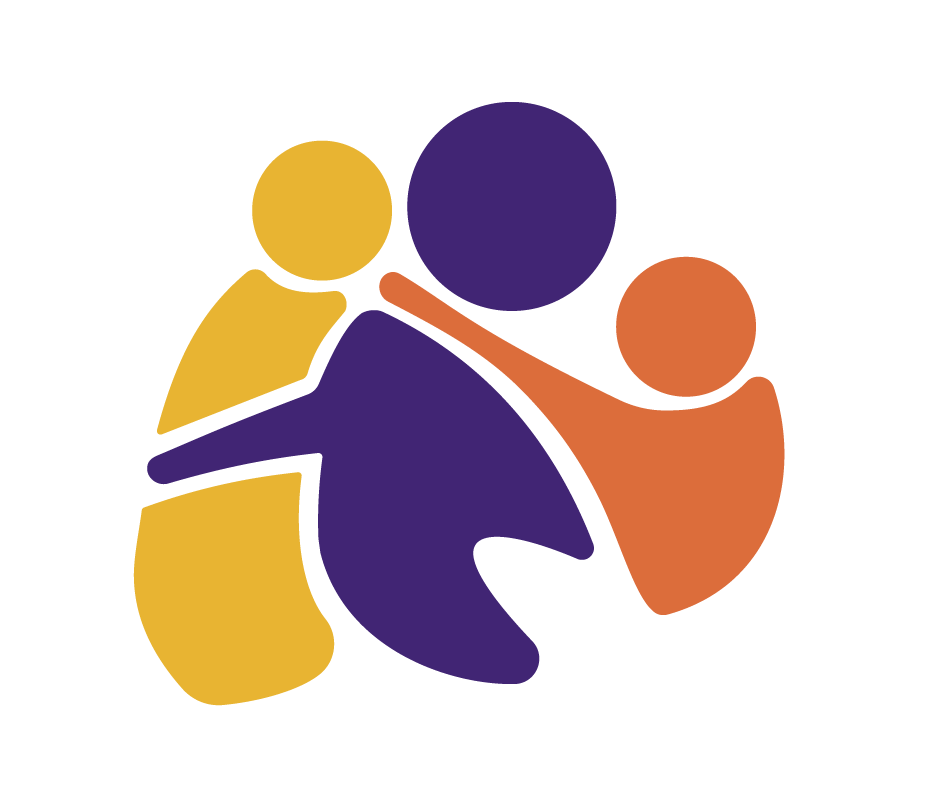This is the time that children start to explore their world. Their senses are developing, they are gaining new physical skills, and they are learning how to relate to others. They need to feel safe with the people around them, and to be kept safe from things that could harm them. They cannot yet control their emotions or understand logic, but how you respond to them now will make a difference to how they develop these in future.
Typical behaviours and how you can help
Wariness of strangers, and separation anxieties in the later stages
Notice when your baby or toddler is not happy with someone. Ensure they are left only with familiar, trusted faces. Stay with them and help them learn to trust someone new. If possible leave them only briefly at first – they do not yet have a sense of time and need to learn that you will come back. Be very happy to see them when you return.
Crying or throwing a tantrum when frustrated, upset, or ignored
Soothe them, and name their feelings – “I can see you are feeling very disappointed/angry/frustrated right now”. Do not reward undesirable behaviours by giving in, but do cuddle, calm, and distract them. You are helping them to learn how to deal with difficult emotions such as disappointment and frustration. Praise specific good behaviours and actions. Notice if there are triggers for tantrums, such as tiredness or hunger, and address these by changing schedules or having snacks available.
Biting, hitting, scratching, pulling hair
Remove the child from the situation, firmly say “no” and name the behaviour that is unacceptable, but stay close and help them to calm down. These behaviours happen because the child is not yet able to cope with ‘big’ emotions such as jealousy or anger, and needs your help to learn both self-soothing and appropriate ways to express their needs and feelings. Stay with them when they return to the situation, and show them how to behave acceptably.
Reaching for things and putting objects in their mouths, pulling themselves up on things
Provide a range of experiences with different, safe objects to play with and explore. Ensure hot surfaces, appliances and appliance cords, and dangerous or small objects are not within reach. Put gates across the top of stairs and ensure they are kept shut. Try not to interrupt the child while they are exploring unless it is unsafe. Exploring is essential for development, even when it results in bumps and scrapes. They will fall over, but this is how they learn. Be sympathetic, and soothe and cuddle them, but don’t make too much of a fuss over minor hurts.
Repeating the same actions, saying the same things over and over, curious and keen to interact with you
Allow them to repeat things – this is how they learn. Share their enthusiasm, and introduce them to related ideas and actions. Repeat their words back to them correctly, but don’t correct them.
Fussy and messy eating
Encourage children to try lots of different foods. They may spit things out at first, but keep trying. Cutting things into different shapes can make children more interested in trying things, and letting them ‘help’ you prepare food (put the grapes in the bowl, take the peel off the banana etc) can also make them more likely to try something. Let them start to feed themselves at snack time, and expect mess – they do not yet have the fine motor skills to do this tidily.
General parenting strategies
-
- Ensure consistency – children this age are confused by change.
- Consequences teach children positive behaviours. Use lots of positive reinforcement and modelling of acceptable behaviours such as sharing and empathy. Say ‘no’ firmly, and remove them from the situation for negative behaviours. Provide soothing, cuddling, and understanding to help them deal with disappointment or frustration, but don’t give in to unacceptable behaviour.
- Establish routines, especially around meal and bedtimes. Children this age feel safe when they know what to expect, and will settle more easily and eat better if there are clear routines in place.

